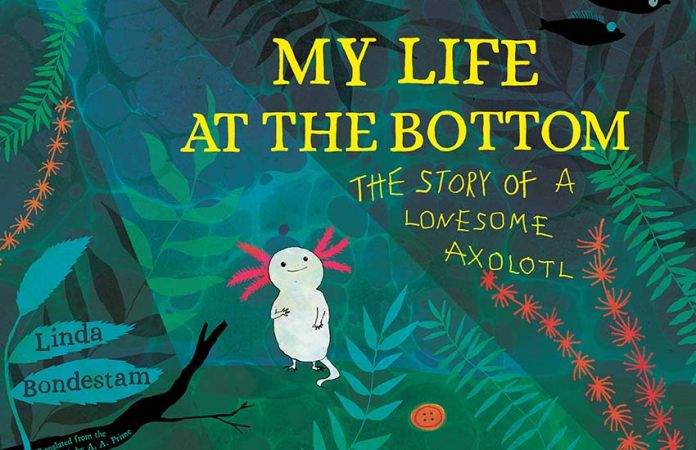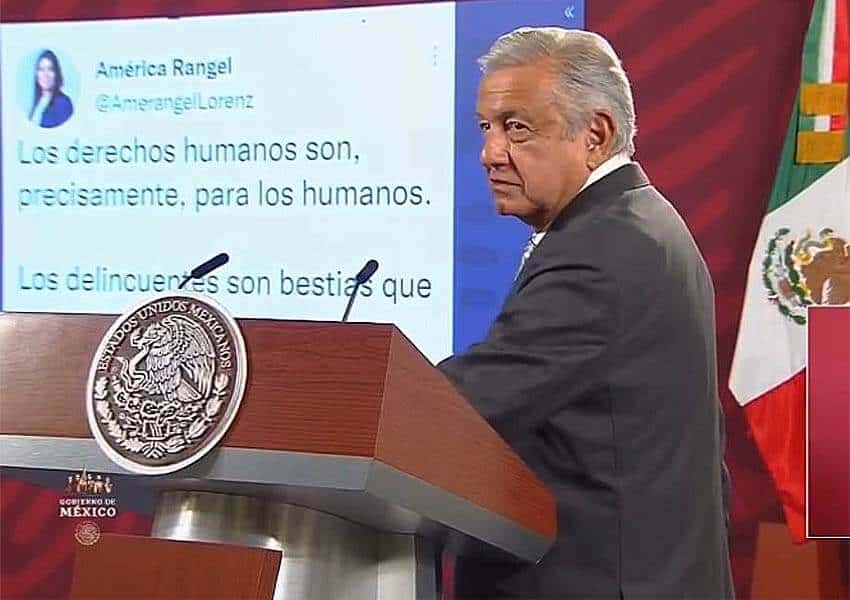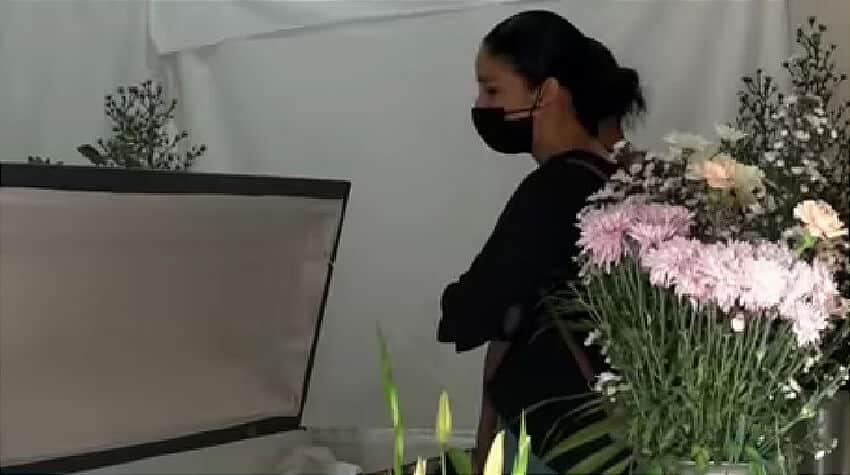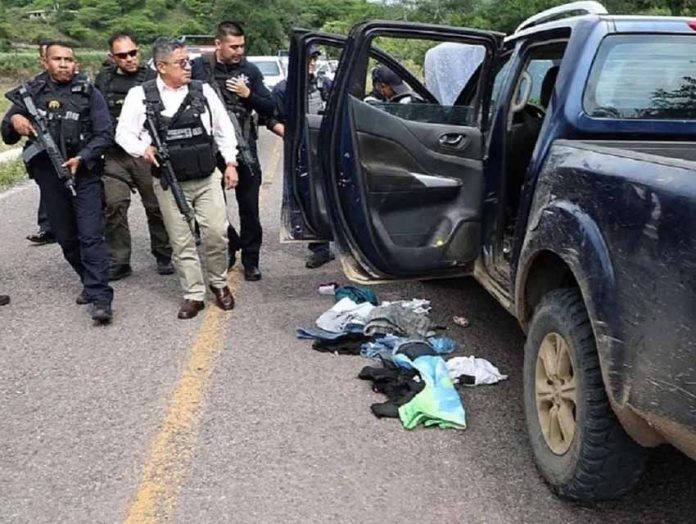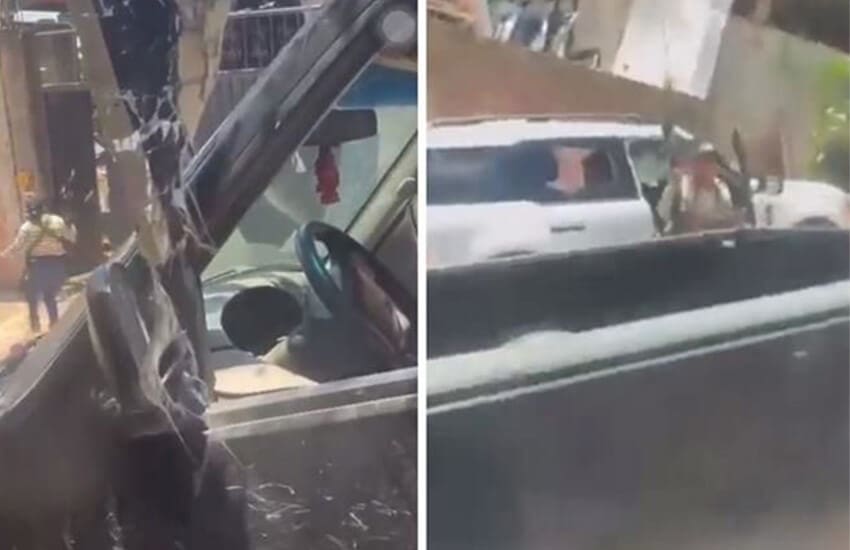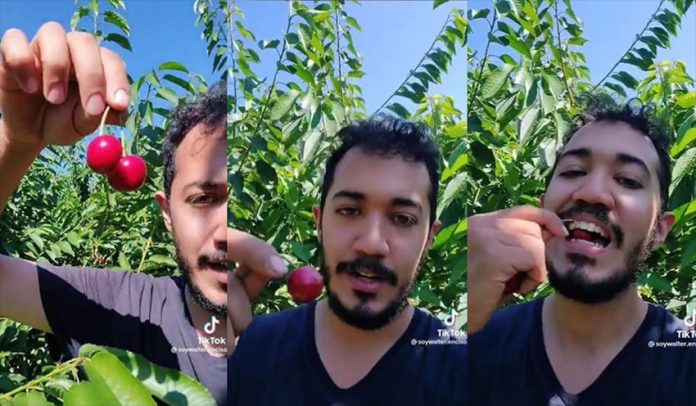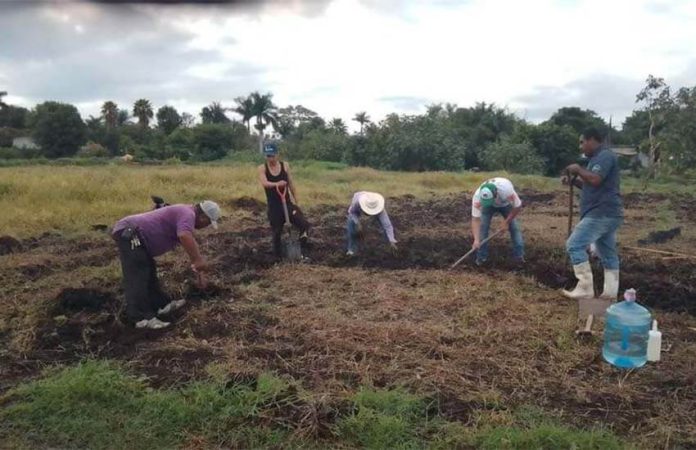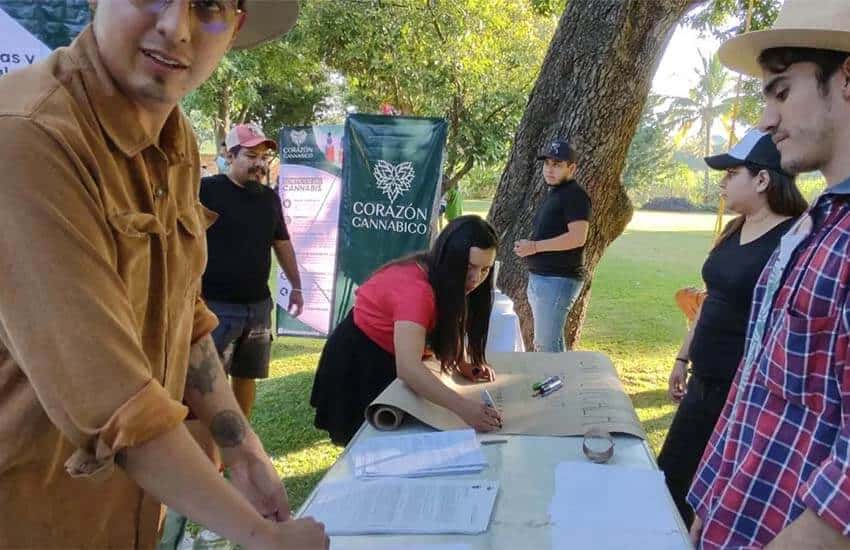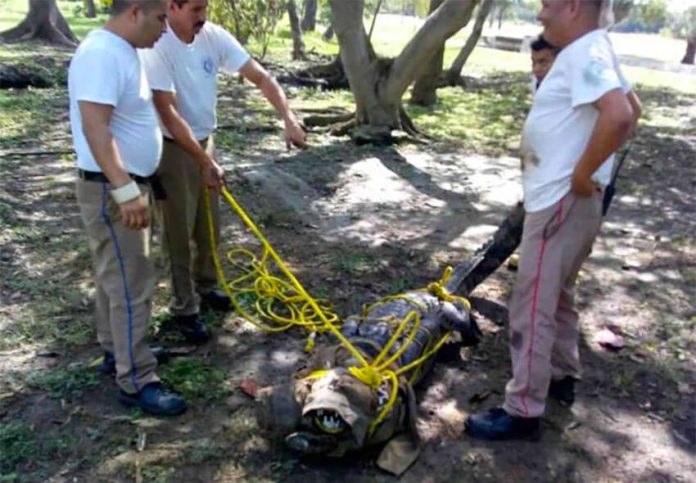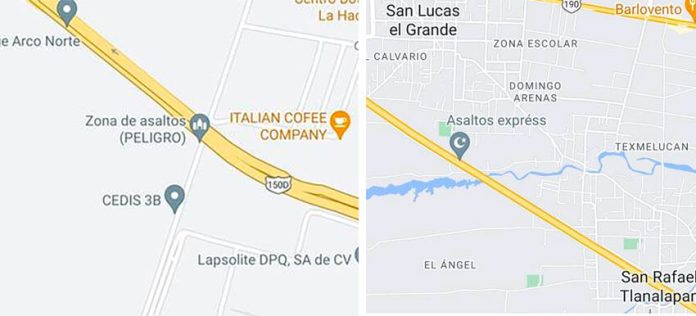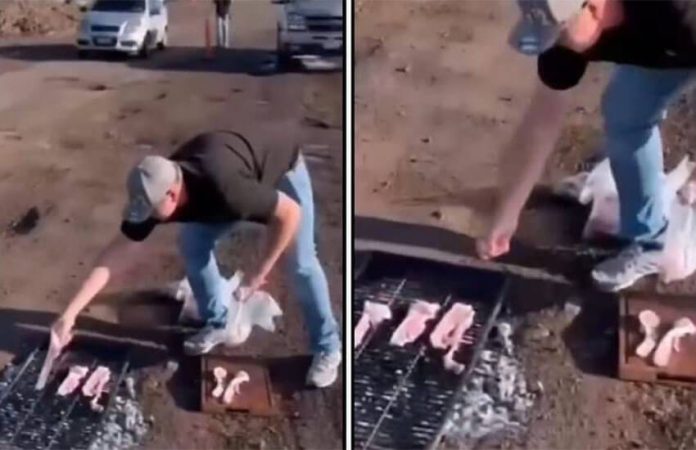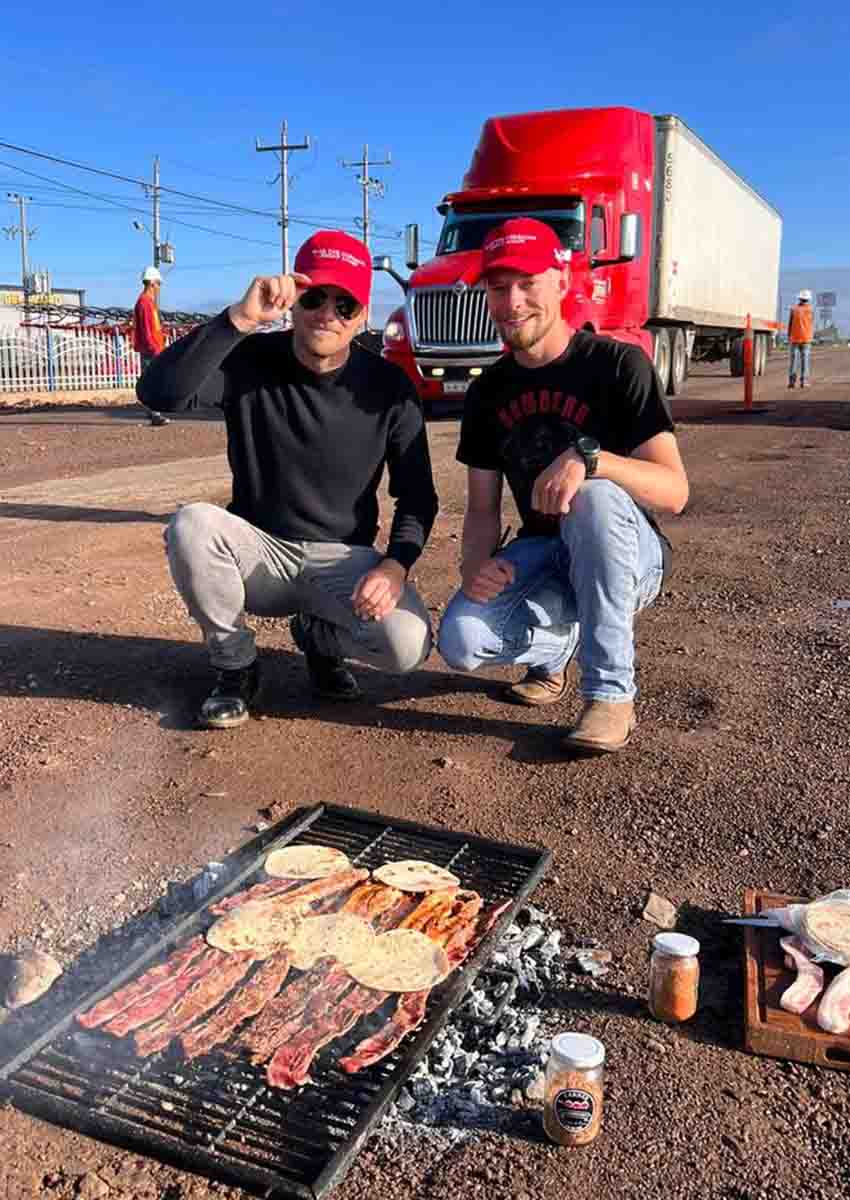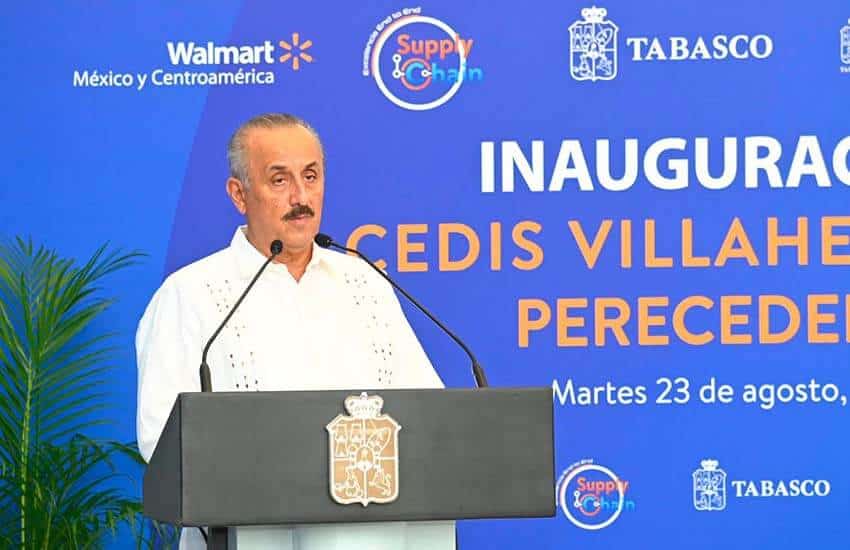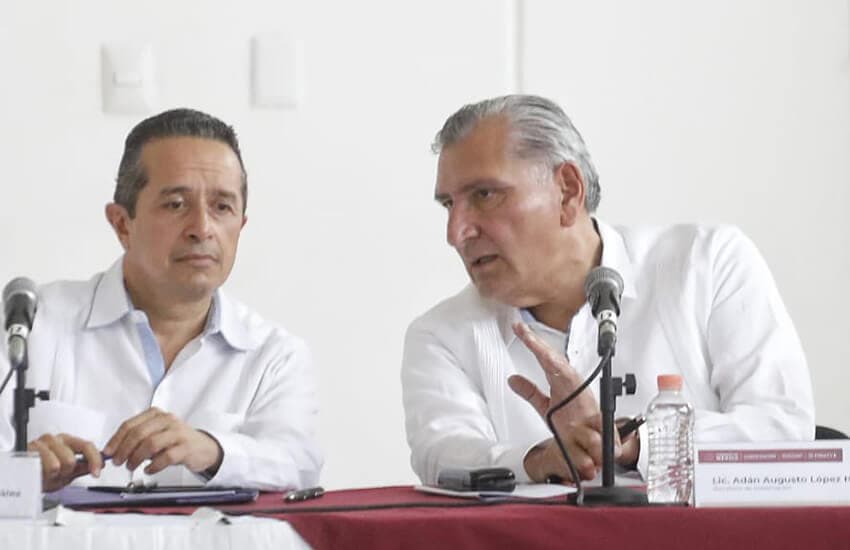The Mexican salamander the axolotl is the unlikely star of an award-winning children’s book written in Helsinki.
In My Life at the Bottom: The Story of a Lonesome Axolotl, by celebrated Scandinavian author and illustrator Linda Bondestam, an axolotl enjoys an idyllic life growing up on the bottom of a lake. He learns about the wider world from a waterproof smartphone and by making friends with tiger salamander classmates at school. Yet, trouble arises when the already polluted lake gets warmer and cloudier due to climate change.
The book has received acclaim in Europe, where it won the Nordic Council Children and Young People’s Literature Prize. Recently translated into English, its first U.S. printing in May sold out quickly.
Bondestam’s books for children have won extensive recognition, including seven nominations for the Astrid Lindgren Memorial Award.

The children’s book author had never heard about the mysterious endangered amphibian before attending a book fair in Bologna, Italy, a few years ago. But when she saw a photo of an axolotl, she was entranced by its unique appearance.
“It looked like a mix of an alien and a human being, something very innocent,” she marveled in a Zoom interview. “It’s a very, very special animal. I just knew I had to write something about it.”
My Life at the Bottom is intended for readers three years old and up.
“I think it’s a good book to read in a group or with mom or dad or a big sister,” Bondestam said. “You can discuss things. Of course, you can [look at] the pictures by yourself. But I think it’s really a story to enjoy together.”
The book includes drawings of the axolotl and his tiger salamander classmates made by Bondestam’s youngest daughter.
“I really love how children draw,” she said. “Their lines are so free and imaginative. They don’t have the same [quality] as you get older. You become more stressed about your drawing. A lot of artists try to draw more like children.”
The International Union for Conservation of Nature (IUCN) includes the axolotl on its Red List of Threatened Species under the Critically Endangered category. It estimates that only 50 to 1,000 mature adults are left in the wild, scattered across three lakes in Mexico City – Xochimilco, Chalco and Chapultepec.
The IUCN cites multiple dangers to axolotls, from pollution to invasive species.
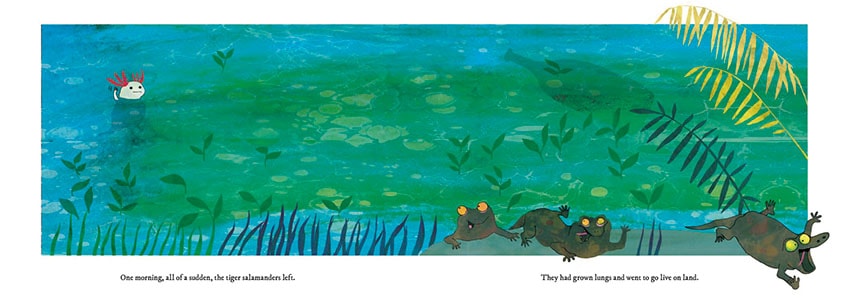
Of the situation in Xochimilco, Bondestam said, “I think it’s getting warmer. Maybe that’s why they can’t live there anymore. I heard they put big fish in the lake that eat the small axolotls. It has become a disaster for the axolotls in many ways.”
To the author, the axolotl seemed like a perfect way to help young readers learn about climate change, thanks to its ability to regenerate lost limbs.
“It has this wonderful power – it can renew itself, just like nature can,” she said. “I wanted to make a book to get people interested in nature, but I also wanted to show how badly nature is doing.”
To make the issue of climate change more global to young readers, and to avoid singling out Mexico, Bondestam opted for a setting that is less Mexico-centric and more universal.
“I hope Mexicans don’t think I in any way mean to say that Mexico City is the most polluted [city in the world] or anything like that,” she said. “It could be set in any big city, I think. It’s a problem that is very global. Lots of animals are disappearing.”
Bondestam became especially disheartened after the gloomy 2018 report by the Intergovernmental Panel on Climate Change.
“I still hope we can make it,” she said. “Of course, it’s really stressful to read these reports with everything that’s happening [today] – the war in Ukraine and so many other disasters. It will take a lot of time and a lot of money. It’s really sad. We can do much more for the climate, but, I think, of course, there is hope. There are a lot of clever people working on this issue.”
Regarding the book, Bondestam added, “I didn’t want to be moralizing; I wanted it to be funny at the same time, and also optimistic.”
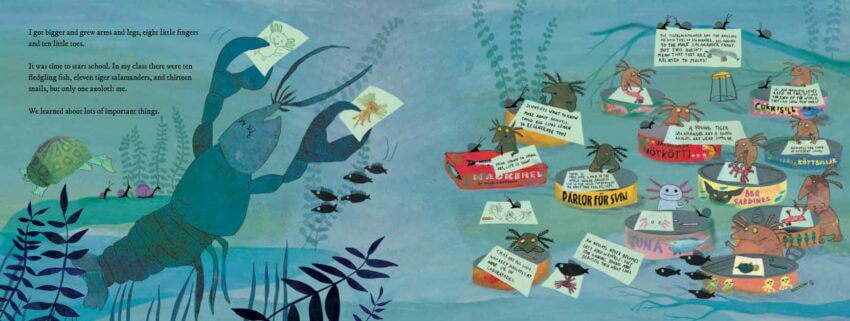
She achieves this through her protagonist, whimsically spotlighting a central feature of the species — its gills.
“Other, more common salamanders might look like the axolotl when really young, but their gills will fall off, they’ll grow lungs, they’ll start living on the earth like lizards,” Bondestam said. “But the axolotl never changes. It continues to be young all its life in a way. It was quite sweet to have this childish character in a peaceful and happy state.”
She called axolotls “a bit like the Peter Pans of nature.”
In the narrative, things start changing for the worse when the tiger salamanders mature and move out of the lake. The axolotl, initially one of 987 born to the same mother — “I think I read somewhere that they can have up to 1,000 babies,” Bondestam said — finds itself suddenly lonesome.
Meanwhile, the climate situation is about to get much more dramatic.
“When I started making the book, I didn’t know how to end it,” Bondestam said. “I didn’t want to make a really devastating book. It really had to be hopeful as well. But it was hard.”
For any future children’s book writers or artists out there, the author has a counterintuitive recommendation.
“As a child, I spent a lot of time on an island with my family,” Bondestam said. “There was not too much to do. I had to be very creative. Sometimes it’s very good for a child to be bored once in a while. It makes you creative.”
Rich Tenorio is a frequent contributor to Mexico News Daily.
